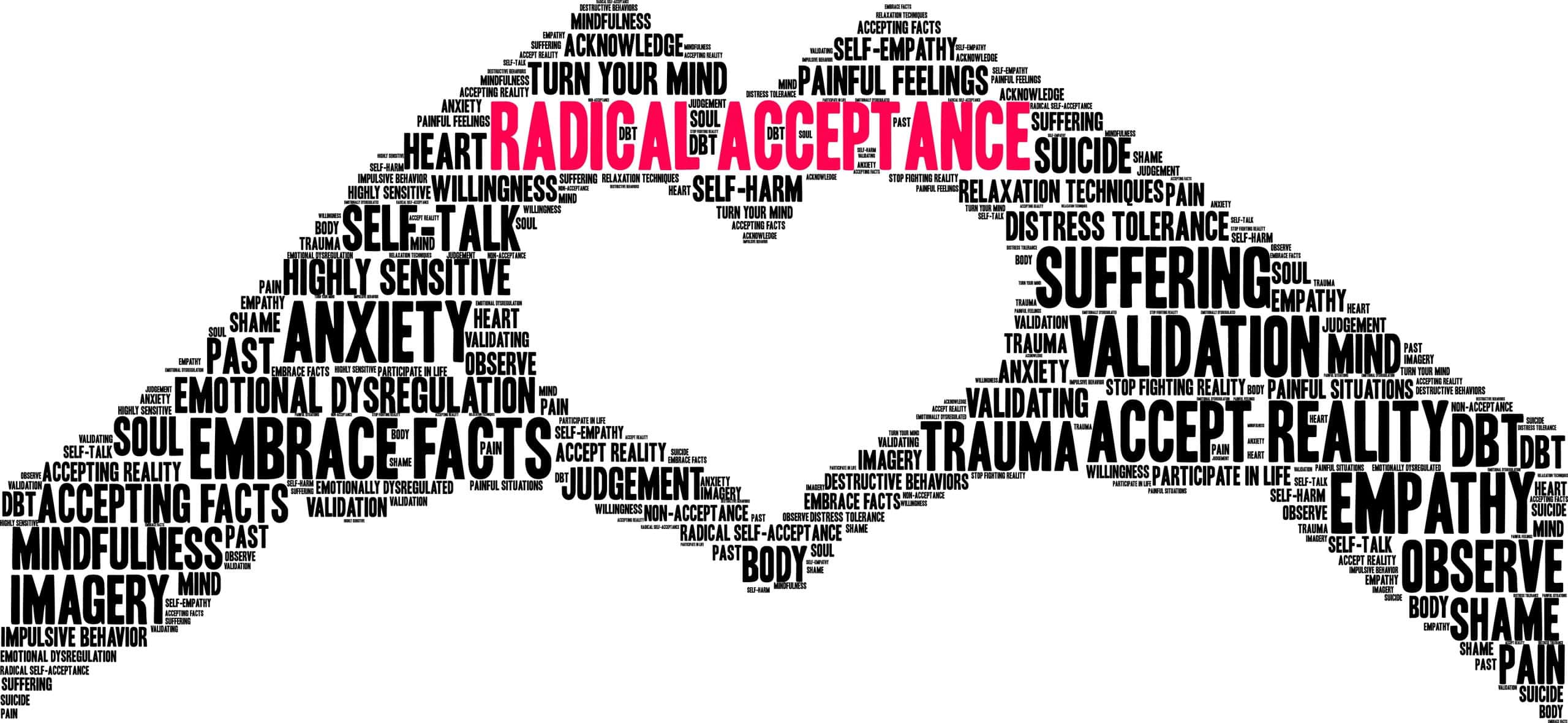Understanding Shame
Posted on September 30, 2021
by Tom Horvath, PhD
If guilt is the bad feeling I get after doing “something wrong,” then shame is the bad feeling I get about being myself. Shame might arise along with guilt (“I’m not good enough, and a bad person, for doing something that terrible”). However, shame might arise by itself. In the extreme I might think “I do not even have the right to exist. I’m so bad and foul and awful that I don’t deserve to belong to the human race. I should not be allowed to have the air I breathe, the food I eat, and the time and attention I get from others.”
Understanding Shame vs. Guilt
Simply stated, guilt is about what I did. Shame is about who I am. When I behave wrongly or badly, and feel guilt or regret, there are often ways I can resolve these feelings: Make it up to someone, apologiz...
full story






